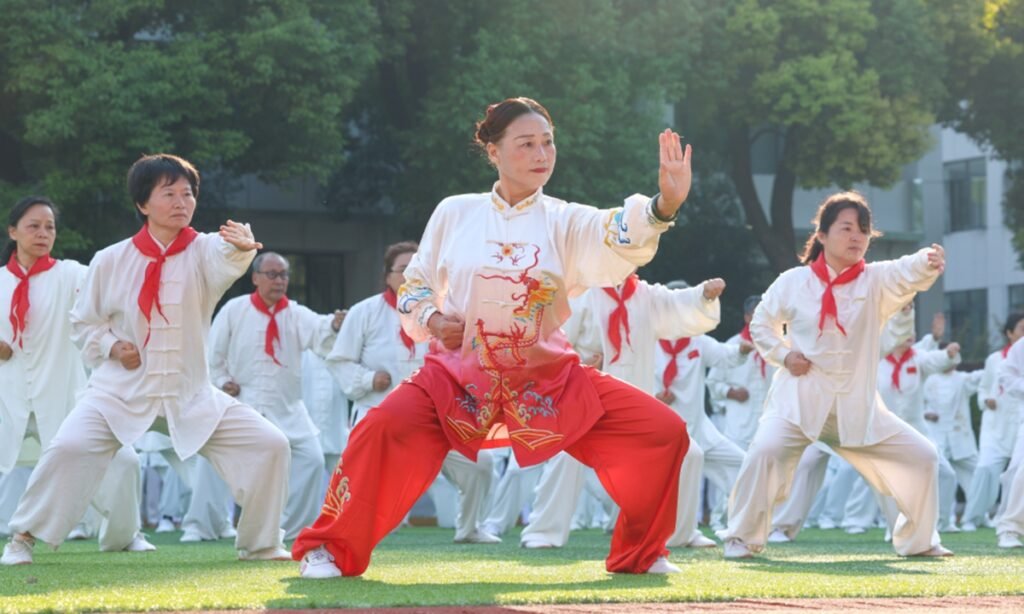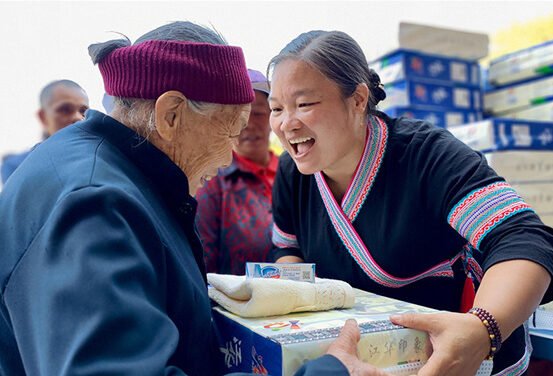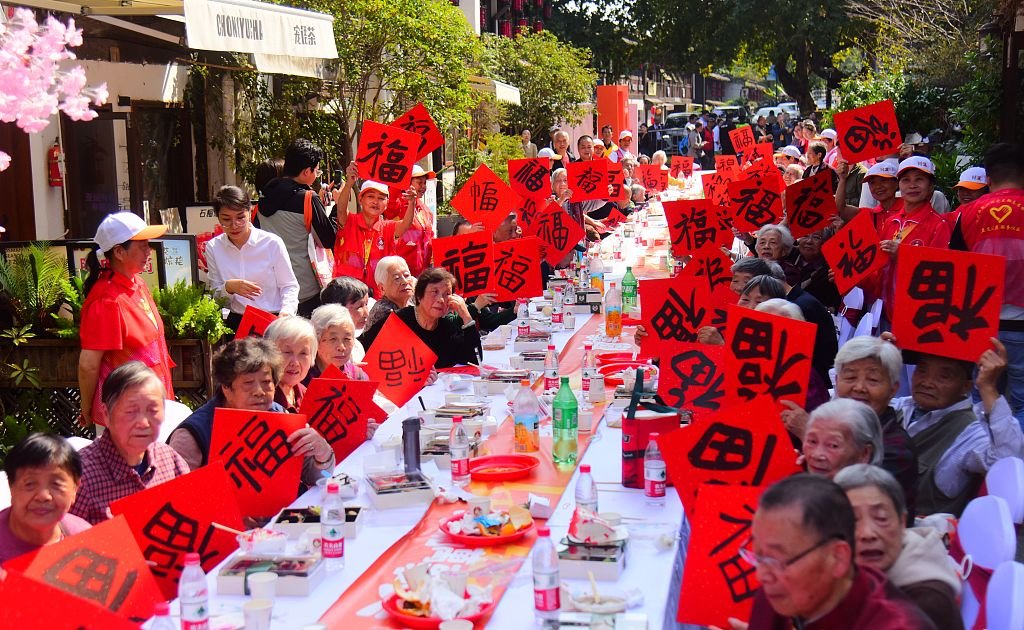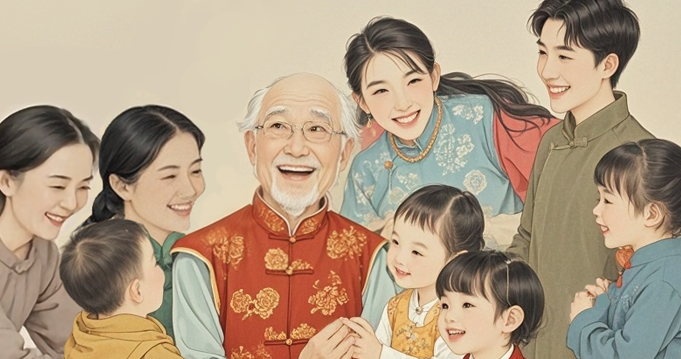The Chongyang Festival, also known as the Double Ninth Festival, is an important tradition celebrated annually in China on the ninth day of the ninth month of the lunar calendar. This special day is commemorated with various activities organised especially to respect the elderly and enrich their lives. This festival, which falls on Friday 11 October in 2024, reflects China’s traditional values and promotes the welfare and happiness of the elderly. The origin of the festival is associated with symbolising ‘longevity’ and healthy life, as the number nine is similar to the word ‘long’ in Chinese folklore. Therefore, the Chongyang Festival is celebrated with wishes for long life and health for the elderly. On this day, people climb to high places accompanied by chrysanthemum flowers, drink chrysanthemum wine and wear dogwood branches. All these activities are associated with health and longevity. However, the meaning of the festival in modern Chinese society is also remarkable.

This year, the Chongyang Festival was celebrated by volunteers such as university students at an elderly community in Beijing. The volunteers helped the elderly with their daily chores such as cleaning, repairing household appliances, shopping, etc. A university student named Tang Yishu, a member of this volunteer group, said that she often spent time with the elderly in nursing homes and befriended them. Tang said that volunteer work has become widespread in society and there is growing interest in such activities among young people. This is seen as a positive development to increase care and respect for the elderly. Chinese President Xi Jinping also extended greetings to the elderly on the eve of this festival and wished them a peaceful and happy life. At the same time, he emphasised the importance of respecting and caring for the elderly and allowing them to enjoy their lives.

The festival is not only limited to traditional rituals, but also takes on a modern meaning. In response to the growing needs of the ageing population, China is actively implementing strategies to create an age-friendly society. Efforts to meet not only the physiological but also the social and emotional needs of the elderly are expanding. Published in 2021, the national strategy aims to increase the sense of fulfilment, happiness and security among older people. Various facilities are provided for the elderly, such as public transport, food subsidies, social support systems. Community canteens for the elderly in Beijing offer subsidised meals to the financially challenged elderly, and even tourist attractions are opened free of charge to the elderly.

The festival also aims to increase opportunities for older people to contribute to society and be active in social life. For example, Hua, one of the elderly aunties, had the opportunity to continue her traditional Chaozhou crochet business and to improve her handicraft skills through co-operation with young entrepreneurs. Such examples not only enrich the lives of the elderly, but also help young people to develop sensitivity and respect for the elderly. The deep-rooted cultural history of the Chongyang Festival and the new meanings it has acquired in the modern era show that care and respect for the elderly is not only a traditional duty, but also a common responsibility in all segments of society. While efforts to improve the quality of life of the elderly respond to both their physical and emotional needs, important steps are also being taken to build an age-friendly society.





